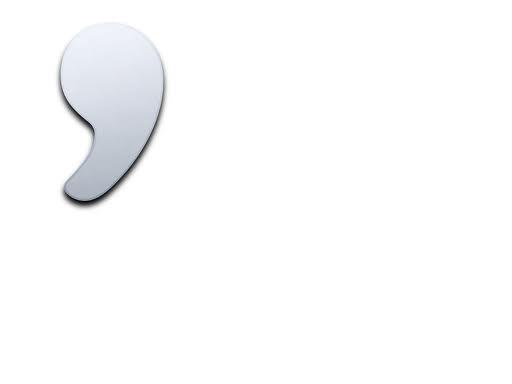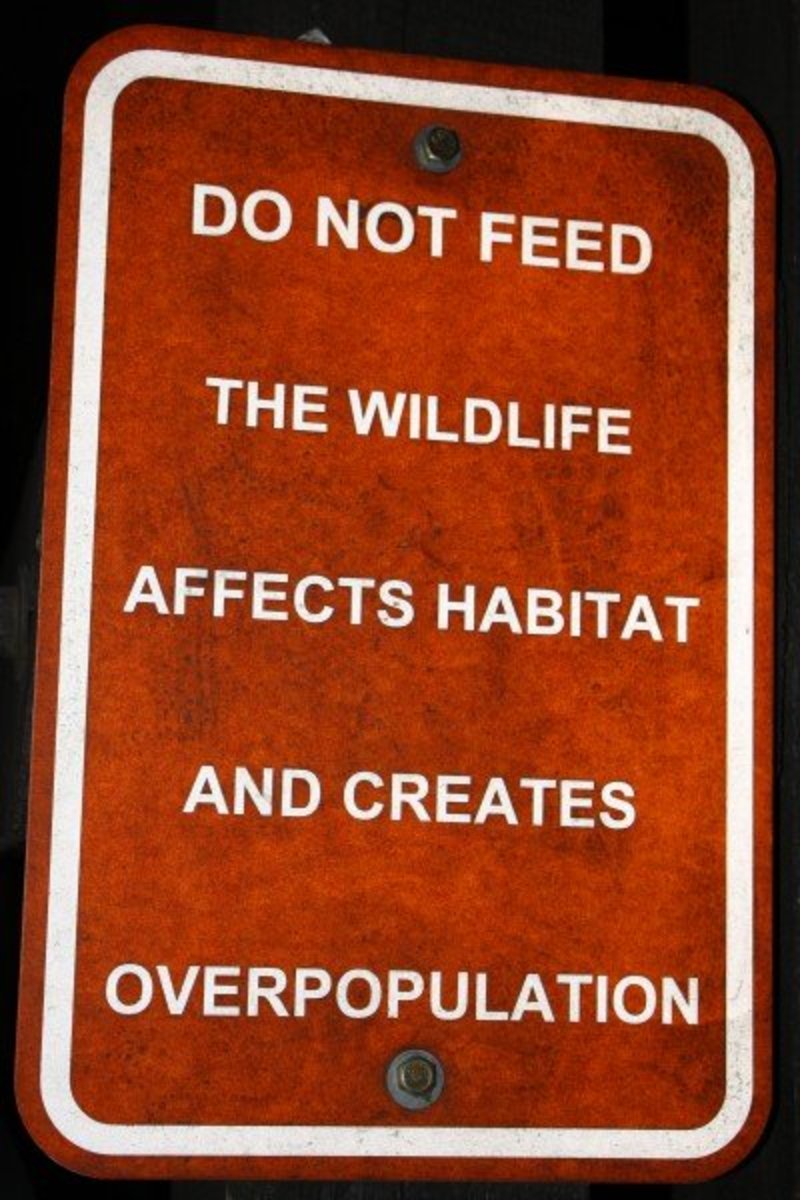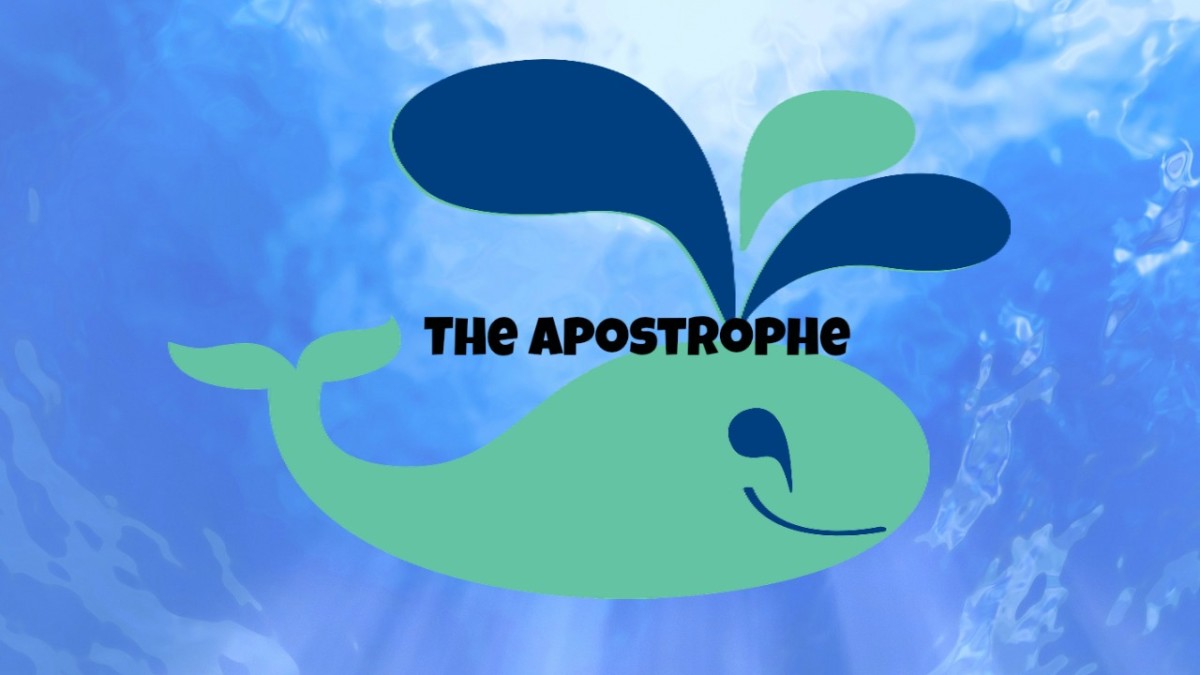Fixing apostrophe errors: examples
Apostrophe ignorance
We all need some help fixing apostrophe errors. Apostrophe ignorance is rampant. To give you an example, a flier arrived in my mailbox at the college where I teach communications. "Loan's galore", screamed the headline. Whaaaat! I couldn't believe it. Doesn't everyone know that you don't use an apostrophe with the plural of a noun? Apparently not. I regularly red circle misplaced and misused apostrophes Do a Google search for apostrophe blogs and you'll find ardent chroniclers documenting offending signs offering everything from "sundae's`", `"pie's" or oil "change's".What's going on? Apparently we've forgotten the apostrophe rules.
We don't know how to use apostrophes

When not to use the apostrophe
So let's get started fixing apostrophe errors. But, efore I tell you the apostrophe rules, I`ll tell you when not to use this tiny, but important piece of punctuation. Avoid putting apostrophe after possessive pronouns
For example:
- His not his’
- Hers, not hers’
- Yours not yours’
And please, please, avoid using apostrophes for plural nouns ending in s.
It`s many houses, not many houses’, six girls, not six girls' and, of course, fresh pies, not 'pie`s'
Fixing apostrophe errors- some rules
Use apostrophes for contractions
- To eliminate the “o” in not-- turn do not into don’t, and cannot into can’t.
- To replace an “a” . for example I +am can turn into I’m
- To join certain subjects and verbs. For example: I+will = I’ll, and I+would=I'd
- It +is = it’s (note, that this is different than the possessive pronoun its. People often confuse these)
- She+ has = she’s
- They+are = the’re
- Who+ is = who’s (not the posessive pronoun whose).
More on Omission
if you want to refer to that the summer of 1968, write the summer of '68
Plural of alphabet letters
Use an apostrophe as a visual cue to indicate the plural of letter of the Alphabet. For example: I gave four F's and four A`s last term. It would look so awkward if I wrote it as four Fs or four As.Similarly for the plural of certain expressions, it is acceptable to use an apostrophe. For instance: pay close attention to the do's and dont's of apostrophes.
Before the "S" or after?
Here are some rules whether to put before an s or after an s.
- 1. For singular nouns that don't end in s, add an apostrophe and s. So if one girl has many curls, then it's thegirl's curls.
- 2 - For singular nouns ending in s, add an apostrophe and s. For example: thelass'sglass,James's car, orKeats's book
- 3 - For words two or more syllables ending in s, place apostrophe after the s. For example: thematresses' springs orSocrates' quotes.
- 4 - For pluralnouns ending in s, add the apostrophe after the s. For example: thefarmers' field, theWilliamses' house, theBrowns' party, or thecompanies' products.
- 5 - For plural nouns not ending in s, place the apostrophe before the s. For example: the children's playhouse, the women's auxilliary, or the men's washroom
- 6 - For indefinite pronouns, add the apostrophe and s. For example: sombody's hat,anyone's problem, oreverybody's concern.
- 7 - For compound nouns or word groups, add an apostrophe and an s to the last word. For example: my father-in-law's house, or somebodyelse's house.
- 8 - To indicate joint ownership (two or more people who own something), add apostrophe and an s only to the last person's name in the series of names. For example: Jean, Max, andJeff's store.
- 9 - To indicate individual ownership in a group of two or more people, add an apostrophe and s to each person's name. For example:Mary's andSusan's books.
other grammar hubs
- What are multi word verbs
What are multi-word verbs? As their name suggests they are verbs that are made up up more than one word. Usually this involves a verb, and a word (often a preposition) a particles (some multi-word verbs have more than one particle)/ articles can be a - Some lessons from the elements of style- Part 1
The Elements of Style first appeared in 1918. Written in 1918, the most updated version by William Strunk Jr. and E.B. White is a favorite reference manual for those of us who write. I recently took a look at the Strunk's first version of the book, a - Some lessons from the elements of style part 2
William Strunk's The Elements of Style, first published in 1918 and available for free in the public domain evolved into a book of the same name by Strunk and E.B White and is a classic writer's manual. Even in 1918, Strunk described the key points o - Different types of nouns
For many students of English, understanding the core parts of speech is very important. The noun is one of these, and there are different types of nouns in English. What exactly are nouns anyways? A noun describes a person, place or thing. I'm sure y - Tips on essay writing- Ten ways to avoid losing mark...
It's essay time at the colleges and universities. And if you are like most students, you're juggling the pressures of the end of term while trying to get a good grade on your paper. As a college instructor who has graded many thousands of papers and - TOEIC vs TOEFL IBT
f English is not you're first language and you're planning to go to a university where instruction is English or to work for firm with a global presence, then you may find yourself confronting with having to take either a TOEFL test or a TOEIC test. - Different kinds of verbs
For anyone who struggles with the English language, one solution is knowing and understanding about different kinds of verbs and their functions. - Five common grammar mistakes students make, and how ...
f you want to improve your grade by 5-10 percent on your winter term papers, then you need to avoid these five common grammar mistakes my students make on their assignments. Subject-verb agreement Sentence fragments Run-on sentences Comma splices Apo - Different kinds of adjectives
Adjectives can certainly be confusing to native and non-native speakers alike. Many learners tend to be more concerned with an adjective's meaning rather than its grammar. So here is some information about understanding about different kinds of adjec - Different types of adverbs
Adverbs are confusing to both native and native speakers of English alike. One reason is that there are different types of adverbs, another is that they perform different roles, and a third reason is that they can be inserted into different places of








